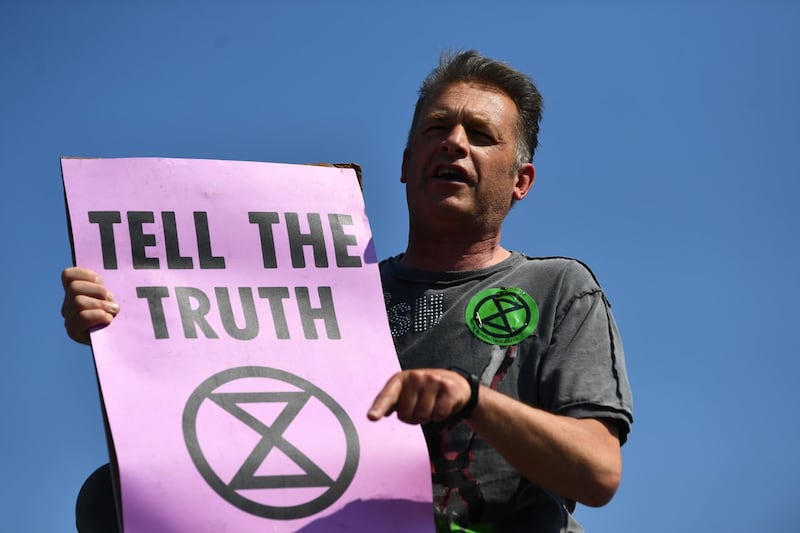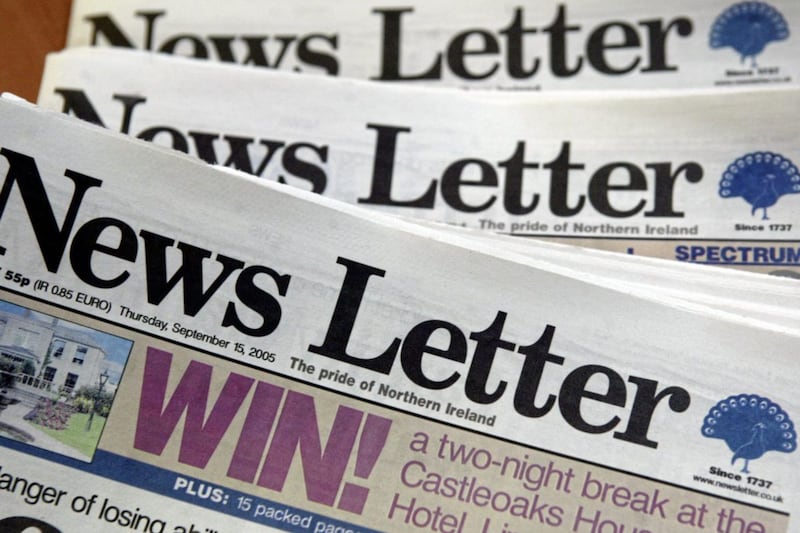Broadcaster John Sergeant has said the BBC is right to allow Chris Packham and Sir David Attenborough to campaign against climate change.
The former BBC and ITN political correspondent said people had attacked the pair for producing programmes about the natural world.
Sergeant, 75, added that the BBC was “determinedly fair and impartial” but the very nature of journalism made “bias of some sort” inevitable.

Sergeant told the Radio Times: “There are people taking aim at the BBC for allowing the animal rights activist Chris Packham and even Sir David Attenborough to be involved in programmes about the natural world.
“The management are, in my view, right to allow them to continue. In the news department, the rules are tougher – reporters must never advertise their political views.”
Packham backed a legal challenge which resulted in restrictions on shooting “pest” birds, prompting anger from some rural communities.
Sergeant told the magazine accusations of bias had been a “constant refrain” during his career at the BBC, even abroad during the Vietnam War.

“The truth is that the BBC is biased, but perhaps not in the way you might think,” he said.
“It chooses to cover particular stories, using words and pictures, which are open to criticism, depending on your point of view.
“News values are not always virtuous, and sometimes there is even a problem in determining the fundamental question: what is news?
“The definition that I like is that news is something that someone, somewhere, does not want to see published – all the rest is advertising. But for many journalists it’s a matter of intuition.”
During his time reporting on the European Parliament, Sergeant refused to do a weekly round-up for all the member states because it would be “too boring” for the viewer.
He said: “My coverage needed a strong British bias, otherwise I would never get on air.”
The full interview is in this week’s Radio Times.








